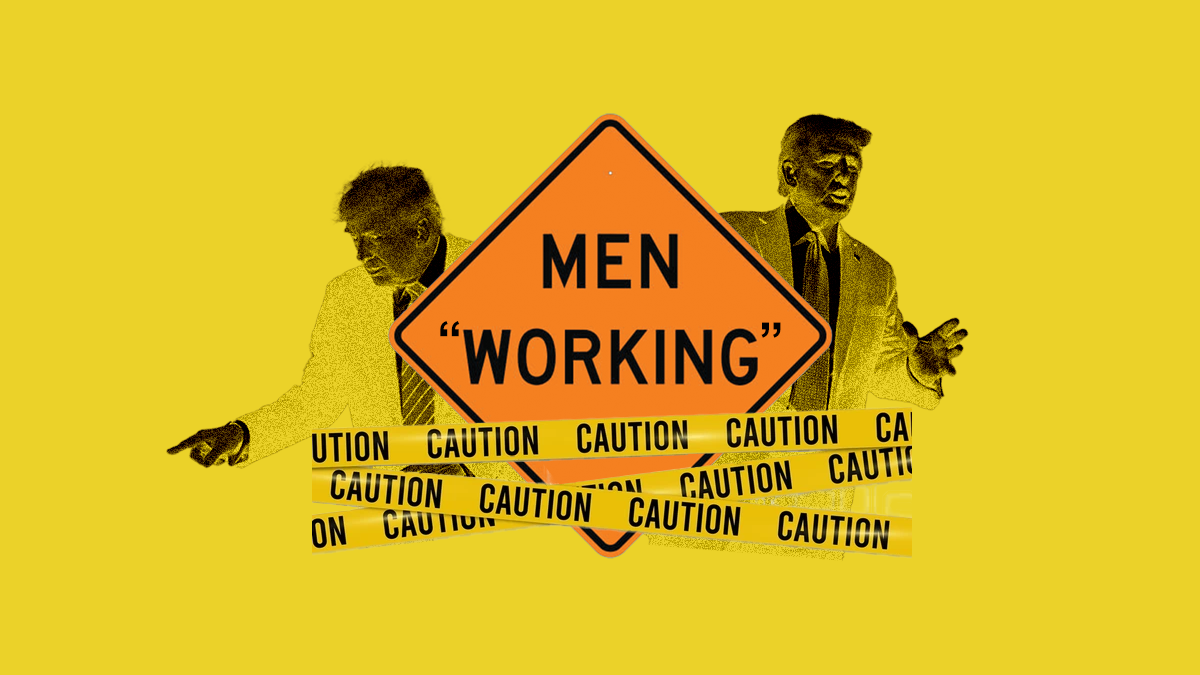Abortion rights, women of color, and LGBTQIA+ people are under attack. Pledge to join us in fighting for gender justice.
Year in Review: Women’s Employment Situation in 2015

Today’s Bureau of Labor Statistics data release has the final figures for 2015 and our number crunching reveals that things are looking up. Here are some of our top findings for 2015* (for our full report, check out today’s release).
Some groups had steep declines in unemployment in 2015, hitting their lowest rates in years:
- Adult African American women and men (20 and older) experienced some of the steepest declines in unemployment in 2015, with women’s unemployment rate dropping to 6.9 percent (from 8.3 percent) and men’s to 8.7 percent (from 10.9 percent). These rates are the lowest since February 2008 and April 2008, respectively.
- The unemployment rate for single mothers dropped to 5.8 percent. While this rate is highly variable, it’s worth noting that 5.8 percent is the lowest unemployment rate for single mothers in 15 years (since December 2000).
- The unemployment rate for women 16-64 with disabilities dropped more than 2 percentage points to 10.4 percent from 12.6 percent in 2015.
- The unemployment rate for adult women overall in December 2015 was 4.4 percent, down from 5.0 percent a year ago. Adult women’s unemployment is now at the lowest level since April 2008.

2015 also saw strong job growth:
- The economy added 2.65 million jobs in 2015, an average of 221,000 jobs per month. Just over half of the jobs gained in 2015 went to women.
- Women’s largest job gains in 2015 were in private education & health services (+525,000), professional & business services (+294,000), and leisure & hospitality (+197,000) and men’s were in professional & business services (+311,000), construction (+252,000), and leisure & hospitality (+222,000).
Average wages increased in 2015:
- Average hourly earnings for private sector workers increased by 2.5 percent in 2015, to $25.24 from $24.62, likely due in part to increases in the minimum wage.
Before you go breaking out that leftover champagne from New Year’s, though, consider this: getting a job is just a first step towards economic security. We must ensure these jobs pay decent wages, have fair schedules, accommodate pregnant workers, offer paid sick and family leave, and more. State legislators returning to work in January would do well to keep these priorities in mind so that we can ring in 2017 with even better news.
*2015 comparisons are for December 2014-December 2015.




